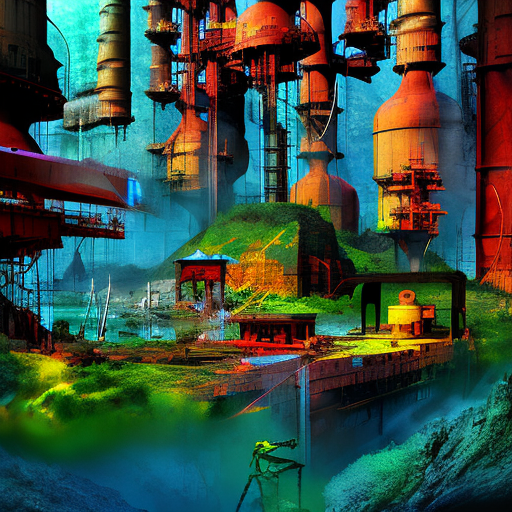Summary:
In “The Omnivore’s Dilemma: A Natural History of Four Meals,” Michael Pollan explores the complex and often confusing world of food production and consumption. Through four distinct meals, Pollan takes readers on a journey that examines the industrial food system, organic and sustainable farming practices, and the implications of our food choices on our health and the environment. With a mix of investigative journalism, personal anecdotes, and thought-provoking analysis, Pollan challenges readers to reconsider their relationship with food and make more informed choices.
Unveiling the Industrial Food System
Pollan begins by delving into the industrial food system, which dominates the majority of our meals. He visits a corn farm in Iowa, where he uncovers the pervasive presence of corn in our diets and the detrimental effects of monoculture farming. Pollan then explores the feedlot system, where corn-fed cattle are raised in crowded and unsanitary conditions. He sheds light on the environmental consequences of this system, including water pollution and the depletion of fossil fuels.
Exploring Organic and Sustainable Farming
In his quest for alternative food sources, Pollan turns to organic and sustainable farming practices. He visits Polyface Farm, run by Joel Salatin, who practices regenerative agriculture. Pollan witnesses the interconnectedness of the farm’s ecosystem, where animals play a vital role in maintaining soil fertility. He also explores the benefits of grass-fed beef and the importance of supporting local food systems.
The Ethics of Hunting and Gathering
As part of his exploration of food sources, Pollan goes on a hunting and gathering expedition. He learns to hunt wild boar and forage for mushrooms, highlighting the ethical considerations and connection to nature that come with these practices. Pollan emphasizes the importance of understanding where our food comes from and the impact our choices have on the environment.
Key Takeaways:
- Our food choices have far-reaching consequences for our health, the environment, and animal welfare.
- The industrial food system relies heavily on monoculture farming and the use of chemicals, contributing to environmental degradation.
- Organic and sustainable farming practices offer a more environmentally friendly and ethical alternative.
- Understanding the origins of our food and supporting local food systems can lead to healthier and more sustainable diets.
“Eat food. Not too much. Mostly plants.” – Michael Pollan
In “The Omnivore’s Dilemma,” Michael Pollan provides a thought-provoking exploration of the complexities of our food system. Through his engaging storytelling and meticulous research, he challenges readers to question the status quo and make more conscious choices about what they eat. By understanding the impact of our food choices on our health, the environment, and animal welfare, we can strive towards a more sustainable and ethical food system. So, let’s remember Pollan’s advice: “Eat food. Not too much. Mostly plants.”












